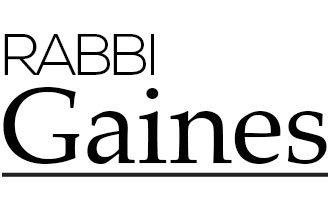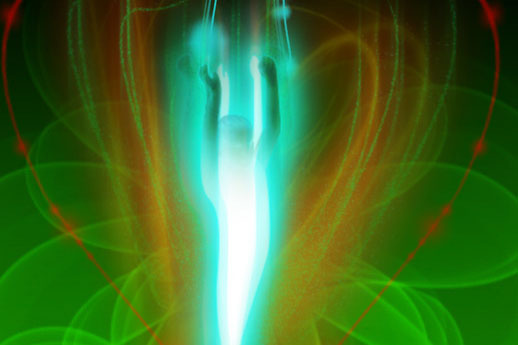One of theology’s greatest quandaries is the reason for the soul’s descent. Specifically, why must the soul descend into physical consciousness (a finite body) if, following death, it returns back to its source - where it began? To clarify the question, if we leave only to return, why descend to begin with? What are we achieving? Let’s examine two famous answers:
Rabbi Ya’akov Abuchatzeira (famed Moroccan Kabbalist) explains in “Pituchei Chotom” (His commentary to the Torah), the soul descends in order to escape “bread of shame”, or, undeserved reward. To clarify, prior to the soul’s descent into the “glowing husk” (the Kabbalistic term for good and evil) of this world, it receives Divine kindness only “passively” - a recipient without merit. This is why the “bread” is termed “shame,” because it is given without merit. To remedy this undesirable condition, God sends the soul into physical consciousness to earn (by choosing good) its place above. In Jewish philosophy, the act of choosing good and rejecting evil (called “clarification”) is termed, “Tikkun”, Hebrew for “fixed”. Most beautifully, the Hebrew word “Tikkun” (“fixed”) exactly equals (each of the 22 Hebrew letters possesses a special numerical value) “Alma d’ati” (“World to come”, i.e. world of souls where reward is given!) This equivalency teaches that “Alma d’ati” (“world of souls”) is attainable only via “Tikkun” (“Fixing”). To summarize: from the perspective of Rabbi Ya’akov, and those that hold according to his reasoning, the soul descends below in order to earn its place near the Almighty (by choosing good and rejecting evil). Let’s examine yet another answer.
Rabbi Shneur Zalman of Liadi (Master Kabbalist and founder of Chabad) explains in “Torah Ohr” (his commentary to the Torah), the soul’s descent below into the world - physical consciousness - is in order to achieve an even greater ascent. Meaning, via the soul’s enduring the tests, trials, and tribulations of this world (the “glowing husk” of good and evil mentioned above), it achieves (assuming goodness was chosen) an even greater “ascent” (experience of God). In fact, so great is this power (explains Rabbi Zalman) that it lifts the soul to an altogether higher level of Divine experience than anything possible before the descent. In the Zohar (first comprehensive work of Kabbalah), this is termed, “Greater is light that shines from darkness (the darkness of this world) than light that shines from light.”
From the above answers we can surmise that our journey here, however tumultuous, is only for our personal greater good. When challenges come your way (and you feel like relenting) remember that via our toil here - in the realms of the “Glowing Husk” - we reveal a power so great that it catapults us to levels of Divine experience that A) remove “bread of shame”, and B) take us to an even higher experience of Him!
May we merit to go from “Strength to Strength” achieving, via our struggle, all the great good our souls are capable of producing.




